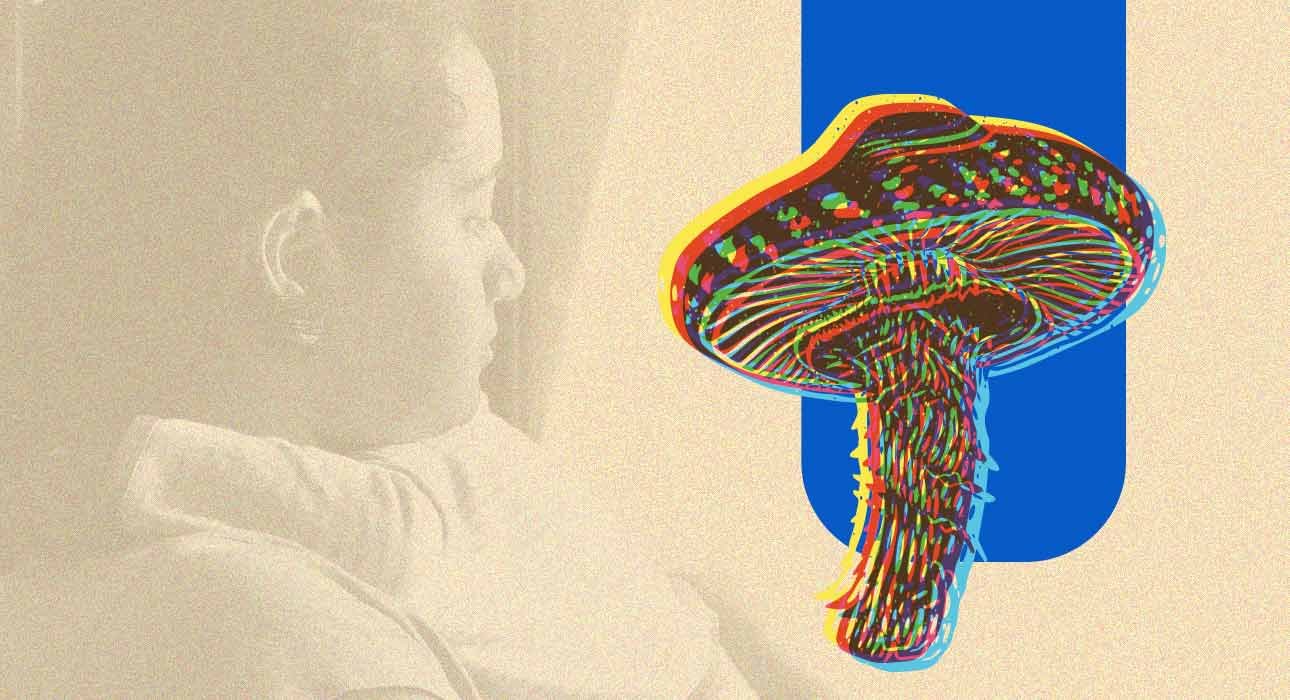Psilocybin, which is commonly used for interventions related to mental health disorders, has been found to have a more negative impact. According to a research study, Psilocybin worsen the postpartum depression symptoms in mice. Mothers who were injected with the drug show avoidance of their pups, lasting depressive-like behaviour, and more anxiety.
The research shows more concerning results, such as offspring of mothers who were treated with Psilocybin develop long-term depression and anxiety-like symptoms. This is likely passed through lactation, impacting the neural development of the child. Thus, the findings highlight more risk than benefit, calling in researchers to evaluate further. Careful examination is required in developmental and specific hormonal concepts. In the United States, mental illness is one of the major causes of pregnancy-related deaths. These studies could become the foundation for research on therapy and treatment.
Read More: Psilocybin as a Neuromodulator: A Study on Its Role in Pain-Related Depression and Chronic Pain
How Did The Research Take Place?
The research was conducted in the Institute for Psychedelics and Neurotherapeutics (IPN), University of California (UC). An interdisciplinary team injected the dose into the mouse mothers and found that it amplifies the depressive and anxiety symptoms. These are associated with perinatal mood disorder. It is a mental health condition that can arise after pregnancy in mothers.
Stolzenberg’s innovative mouse model of postpartum depression was taken as the foundation to build the study. In this model, the mouse and offspring live in a two-cage system wherein there is a chance to escape from the demanding role of motherhood. It was found that repeated exposure to male mice, which they mark as a social threat, destabilises maternal behaviour. This leads to infant avoidance and triggers other stress responses. There are symptoms of postpartum depression.
However, the prediction of the research initially was that Psilocybin would be beneficial for postpartum depression, but the findings were opposite to the hypothesis of the research. It was the shocking part for the research team, as described by the co-authors.
Read More: The use of Psychedelics in Mental Health treatment
Major Findings
- A single dose has a long-lasting impact on mouse mothers in relation to anxiety and depression-like symptoms.
- The offspring are also impacted, most likely because of lactation through which the dose passes.
- These symptoms have a high chance of continuing or even becoming worse in adulthood.
- The Virgin mouse does not show the same effect as the mother mouse, bringing the conclusion that this is due to the effect of psilocin on the distinct neurochemical difference in the brain of the mother mouse.
The Author’s Understanding
The director of the IPN, co-author of the study and a professor of chemistry, biochemistry and molecular medicine at UC, David E. Olson, shared that the previous works at IPN claimed that a single dose of a psychedelic can have long-lasting benefits. However, the differences in the population determine who could benefit and who might be at risk. Thus, indicating that it’s not one size fits all.
Danielle Stolzenberg, co-author, IPN affiliate, and an associate professor of psychology, brought attention to a critical finding wherein the effects of psychedelics can differ based on the ovarian hormone context. Stolzenberg highlights that when mothers experience depressive symptoms, they have trouble bonding with their infant. He added that the understanding of ovarian hormones and the drugs that impact serotonin is comparatively very less.
In conclusion, Psilocybin do have a benefit in terms of usage for internal health disorders. However, for post-partum depression, it doesn’t work; rather, the symptoms have become worse. The reason could be the differences in neurochemical due to hormonal changes. Also, it has been found that along with the mother, offspring are also impacted to a large extent. Thus, it has an importance in intervention but with limitations.
Read More: Surprising Research: Motherhood Unlocking New Behaviour for Survival
